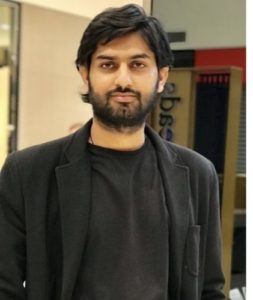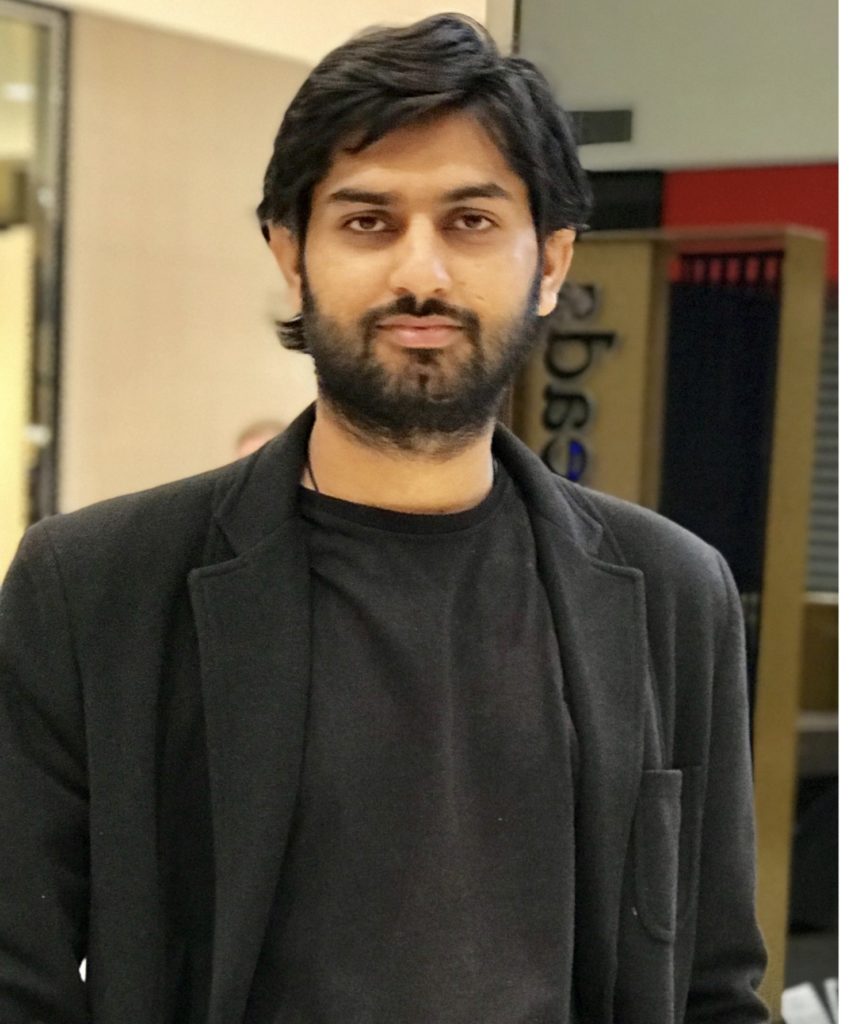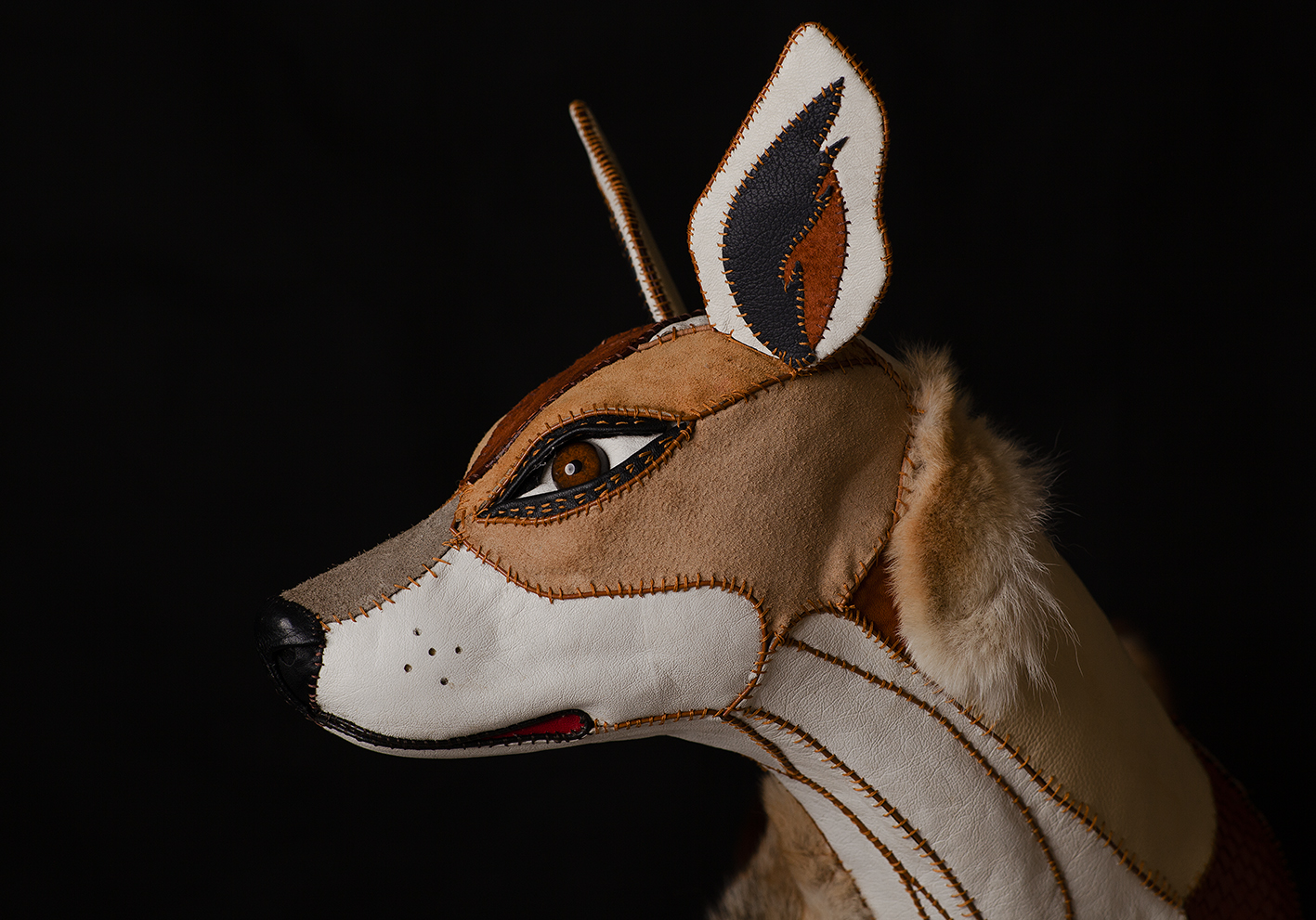Kavesh, M. A. (2021). ‘Sensuous entanglements: a critique of cockfighting conceived as a “cultural text.”’ The Senses and Society. 16.2:152-163. https://doi.org/10.1080/17458927.2020.1858653
What scholarly disciplines are most relevant to this publication?
My paper involves a critical re-examination of anthropologist Clifford Geertz’s famous essay on Balinese cockfighting. In addition, scholars interested in the study of hegemonic masculinity and human-animal relationships in South Asia will find it relevant. My paper will also be useful for interdisciplinary scholars interested in multi-sensory and multi-species ethnographic analysis.
How would you describe this work to a non-academic interested in animal advocacy?
My paper suggests that before we understand ethically complex activities like cockfighting (or bullfighting, dogfighting, greyhound racing, and so on), we should first examine the enthusiastic predilection that motivates people to indulge in such practices. In order to interpret people’s choice to participate in cockfighting, the paper explores the relations between the man and the rooster that involve care and cruelty, intimacy and indifference, passion and combat, and attachment and detachment. I argue interpretations should focus on a deeper understanding of the interplay between various sensory entanglements – the sound of cocks, the taste of roosters and their feed, the smell of fighting bodies, and the process of their training. This can develop understandings of why people indulge in cockfighting, why they structure their lives and daily routines around their roosters, and how they form a more-than-human connectedness with their birds.
How do you see your work relating to human-nonhuman relations?
My paper provides a critical and sensory understanding of the human-rooster relationship. I suggest that sensory analysis uncovers existing and competing forms of masculinities , as well as social alliances that are built and maintained through this practice. This critical and sensory analysis is not only about human-human relationships or human-nonhuman relationships, it is also about the entanglement of human-nonhuman-cultural relationships .
What are you working on next?
I am currently working on two long-term projects. The first explores the ethics of hospitality and hostility through the lens of “spy pigeons” on the Indian-Pakistani border, considering these pigeons’ moral and political significance in contemporary South Asia. The second examines how China’s soaring demand for Pakistan’s donkeys, through the Belt and Road Initiative, for use in Chinese traditional medicine, presents multiple challenges for the economy, employment, and social values of marginalised populations in Pakistan.
Bio: Muhammad Kavesh is a Faculty of Arts and Science’s Postdoctoral Fellow at the University of Toronto and an Australian Research Council DECRA Fellow at the Australian National University. He is the author of Animal Enthusiasms: Life Beyond Cage and Leash in Rural Pakistan (Routledge 2021) and co-editor of a special journal issue, A Sensory approach for Multispecies Anthropology for The Australian Journal of Anthropology (2021).




